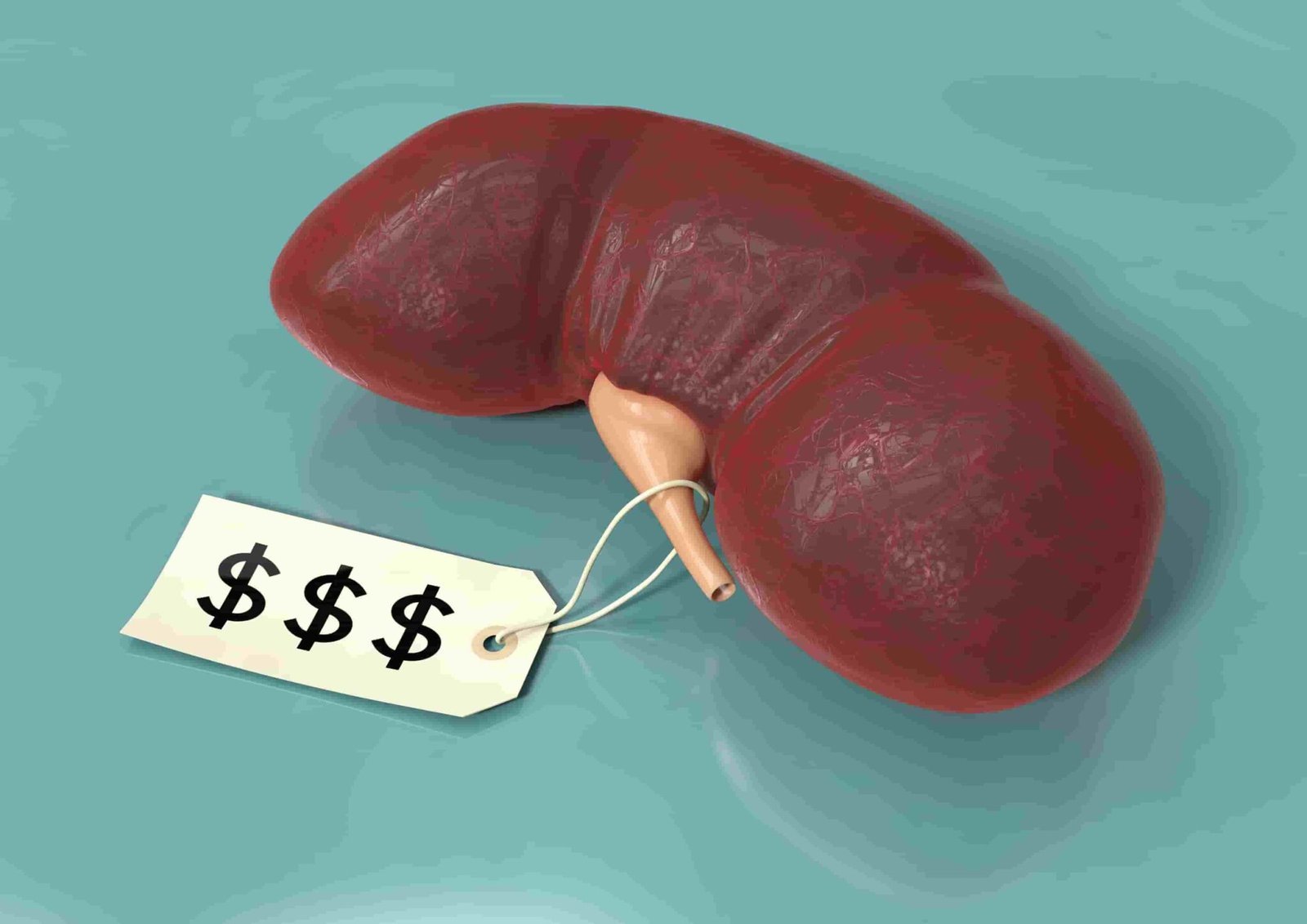Can You Sell Your Kidney?: People frequently jokingly claim they would sell a kidney for the newest technology or high-end item in today's consumer-driven society. These statements, albeit frequently uttered in jest, highlight the intense need for material items. It's important to keep in mind, though, that such remarks should never be taken seriously because organ trafficking is a risky, against the law, and punishable offense.
We should always prioritize our health before material possessions. The need for organs across the world presents a market for people prepared to part with a spare kidney, a lung lobe, or even the deceased person’s organs.

Can you sell an organ though?
The simple answer is no, although you could receive just compensation for some of the expenditures associated with your gift.
Statistics Pertaining to Organ Scarcity
According to the U.S. Health Resources and Services Administration, there are around 20 persons in the country who pass away while waiting for an organ transplant due to the high demand for healthy human organs. According to the World Health Organization, those who can afford it can benefit from “transplant tourism” packages that cost between $70,000 and $160,000.
As you can anticipate, this frequently leads to the abuse of people in underprivileged neighborhoods.
The National Organ Transplant Act
The National Organ Transplant Act of 1984 (NOTA), which is codified in Title 42, section 274e of the United States Code, imposes a five-year minimum jail term and/or a fine of up to $50,000 on anybody found guilty of purchasing or selling human organs in the country.
Since it is prohibited for someone to “knowingly acquire, receive, or otherwise transfer” a human organ, the law’s clear language provides a safe harbor for individuals who unintentionally obtain one.
Is it Ethically Correct to Donate Organs? (Can You Sell Your Kidney?)
Being an organ donor is morally acceptable for a number of reasons, including:
- Saving Lives: People who are experiencing organ failure or other life-threatening diseases may be able to improve or preserve their lives via organ donation. It is a selfless deed that demonstrates understanding and compassion for others.
- Respecting the individual’s autonomy and the right to make decisions about their body after death, organ donation is often a voluntary decision made by the donor or their family.
- Beneficence: The ethical principle of beneficence, which stresses enhancing the well-being of others, is satisfied through organ donation. Donors have a positive impact on society by providing the gift of life.
- Because organs are only obtained after death or in situations when it is medically safe and the donor’s health is not jeopardized by living donation, organ donation is not harmful to the donor.
- Organ donation is an example of altruism, in which people help others without expecting anything in return.
- Cultural and religious perspectives: As a gesture of compassion and altruism, organ donation is supported by a wide range of cultures and religions.
The permission procedure, maintaining justice and fairness in organ distribution, and preventing any possible exploitation or coercion of vulnerable persons are just a few examples of circumstances where ethical problems may emerge.
Conclusion
Donating a kidney is a selfless act that exemplifies compassion, kindness, and the significant influence one person can have on another’s life. Donors give a possibility for a reborn life, free from the chains of crippling sickness, by willingly giving a healthy kidney to someone in need.
The overall social advantages of kidney donation considerably outweigh any possible drawbacks, notwithstanding the fact that ethical issues call for caution in assuring fairness, informed consent, and the protection of vulnerable people.
We build a culture of empathy and solidarity as we work to increase public understanding of and support for organ donation, giving hope to the countless people who are waiting for the gift of life.
References
- Can I Sell an Organ? – FindLaw
- Body Parts You Didn’t Know You Could (Legally) Sell | Reader’s Digest (rd.com)
- Organ Trafficking Awareness (openai.com)